"We don't want August 24, 2023 to become a catastrophic day for the marine environment," Chinese Foreign Ministry spokesperson Wang Wenbin said on Wednesday as both Chinese authorities and the public have expressed outrage and strong concerns over Japan's arbitrary decision to commence dumping nuclear-contaminated wastewater into the sea reportedly at 1 pm (local time) on Thursday.
Topics related to Japan's dumping decision are the top trends on Chinese social media platforms, with one saying "Research shows Japanese nuke-contaminated water to reach China in 240 days" having received millions of views as of press time.
The research, conducted by a team from Tsinghua Shenzhen International Graduate School, was published in November 2021 in the journal National Science Review.
The team created a diffusion model of radioactive materials on the ocean scale from macroscopic and microscopic perspectives respectively to simulate the long-term effects of the Fukushima nuclear-contaminated wastewater dumping program, according to which the nuclear pollutants will reach the coastal waters of China 240 days after being initially dumped, and will reach the coast of North America and cover almost the whole North Pacific Ocean in 1,200 days.
The scientific model quickly sparked netizens' concerns over the biosafety of the marine environment and the whole world.
The Japanese Embassy in China apparently wants to defuse public anger by publishing a post on Chinese social media citing claims of the July report by the International Atomic Energy Agency (IAEA) that the dumping "will have a negligible radiological impact on people and the environment."
But the embassy faces a huge backlash by using the IAEA report as a shield, as the IAEA report has lost its credibility. The embassy muted comments under the post. But the retweets, which cannot be deleted, featured condemnations from netizens with some questioning "Do you really believe it [the IAEA report]? Or are you deceiving yourself?"
Citing a Chinese proverb "spilt water cannot be gathered up again," Wang the Chinese Foreign Ministry spokesperson warned the Japanese government at the routine press conference on Wednesday that "we do not want a catastrophic day for the marine environment. If Japan persists [in dumping the contaminated water], it must bear the historical responsibility."
In response to Japanese media reports that Tokyo plans to start the dumping at 1 pm on Thursday, Wang slammed Japan's push to dump nuclear-contaminated water into the sea as an undoubted gamble with the global marine environment and the health of all humanity.
He said if the Japanese side is truly sincere in addressing the concerns of its neighbors, it should immediately stop the arbitrary dumping plan, carry out exchanges without presupposing the outcome, and fully discuss all possible safe disposal plans.
In follow-up measures, China's Hong Kong and Macao special administrative regions (SARs) vowed to strengthen monitoring of potential radioactive substances in food imported from Japan to ensure food safety and residents' health, and the two SARs will release radiation test data in a daily manner.
Jin Ying, a research fellow from the Institute of Japanese Studies at the Chinese Academy of Social Sciences, told the Global Times on Wednesday the dumping process will inevitably be a big blow to Japan's national image and long-term economic interests.
Japan is the only country in human history to have suffered atomic bomb attacks. Since WWII, Japan has always emphasized its status as a victim of nuclear weapons. But the dumping decision is a turnaround for the country's image to become a culprit of radiation pollution, Jin said.
In its commitment to the international community, Japan promised to keep the entire ALPS-treated nuclear-contaminated water up to standard, and the economic cost could be much higher than the cost of storing the contaminated water in tanks. But there is a question mark over whether the country can strictly follow international standards in dumping the nuclear-contaminated water, Jin noted.
Also, the dumping plan has intensified the tensions between China and Japan, Jin said. The expert predicted that the dumping decision will significantly affect Chinese favorability toward Japan.
Not only in China, anxiety has increased in South Korea with the country's salt prices soaring. Local residents are stocking up on salt across the country, South Korean media reported.
The Korea Federation of Environmental Movement told the Global Times that South Korean fishermen have similar feelings as their Japanese fellow fishermen who believe that the dumping process will not only affect their livelihoods but also make them lose the means of their lives because their fishing activities will be disrupted. The organization revealed that the seafood business and marine tourism industry will be impacted negatively.
Lee Jae-myung, chair of the main South Korea opposition Democratic Party, called on Wednesday Japan's upcoming dumping process an "act of terror," Yonhap News Agency reported.
Lee accused Japan of trying to bring an irrevocable catastrophe to South Korea and Pacific nations after having threatened its neighboring nations with an imperialist war in the past. "Japan's dumping of nuclear-contaminated water will be recorded as the 'Second Pacific War,'" Lee said.










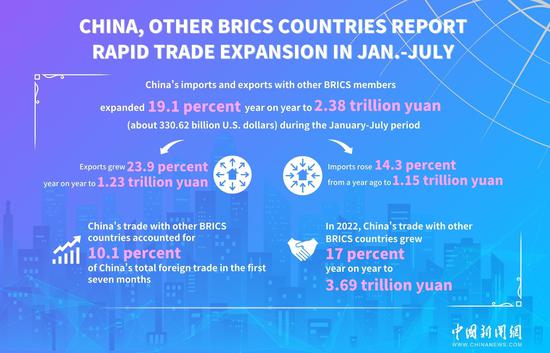
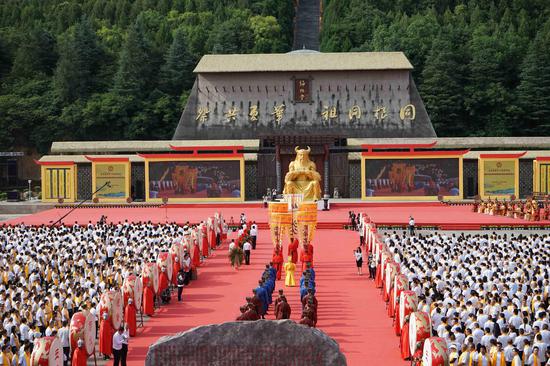


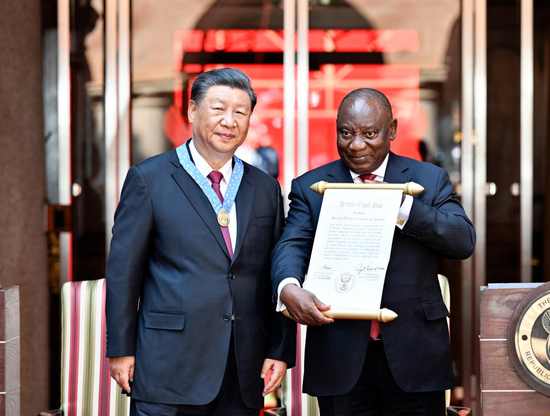






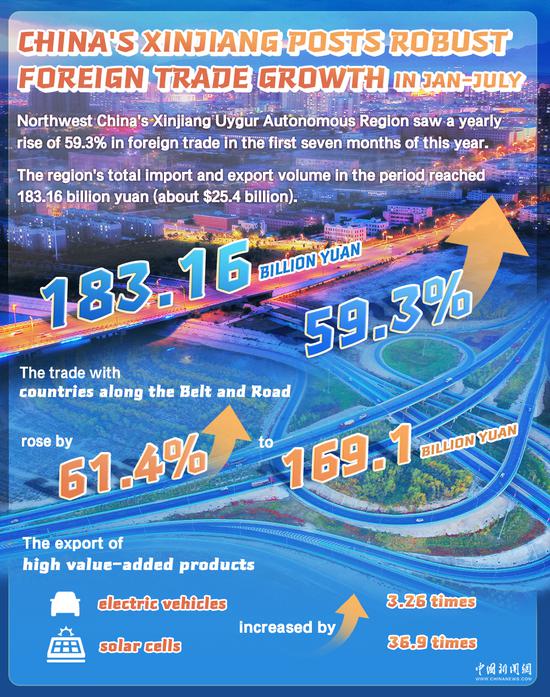
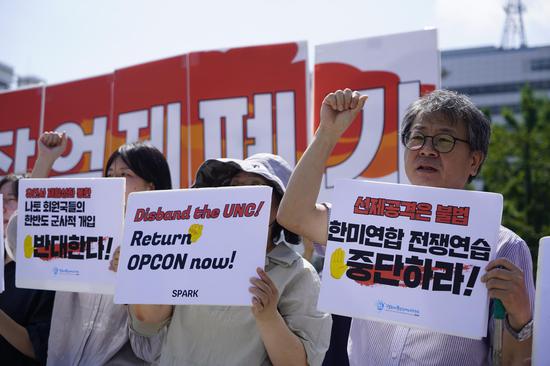

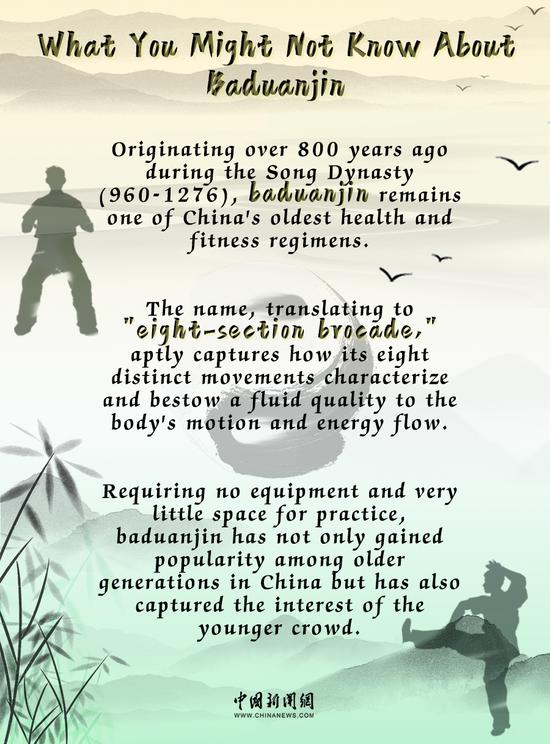
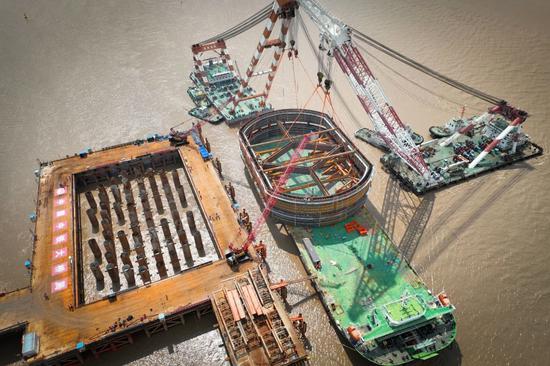
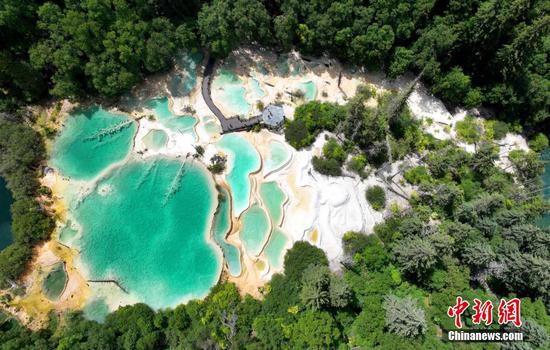




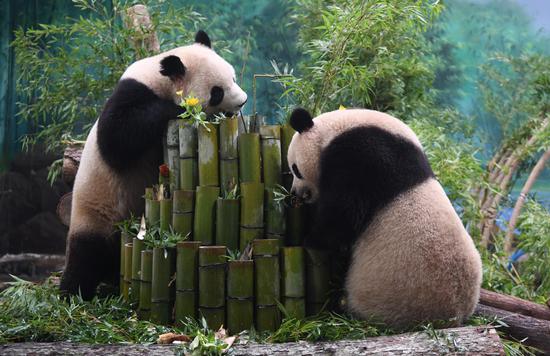

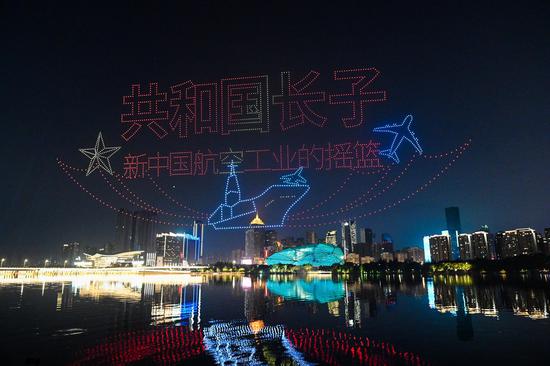
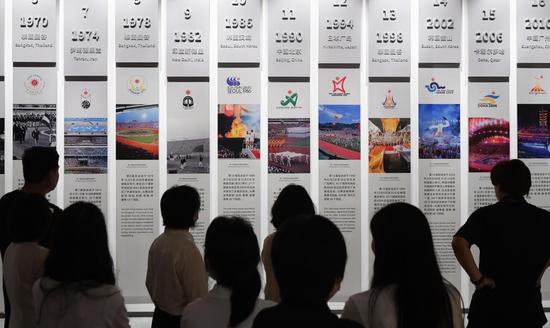



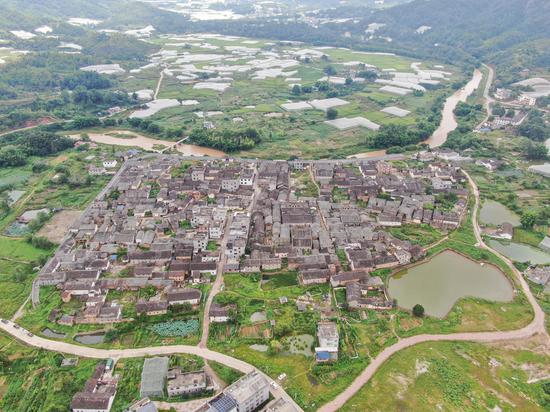


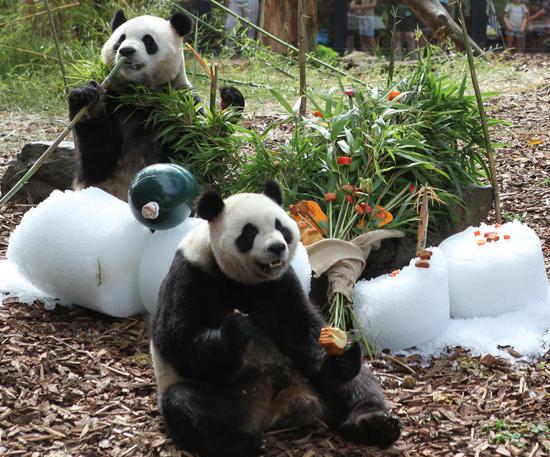

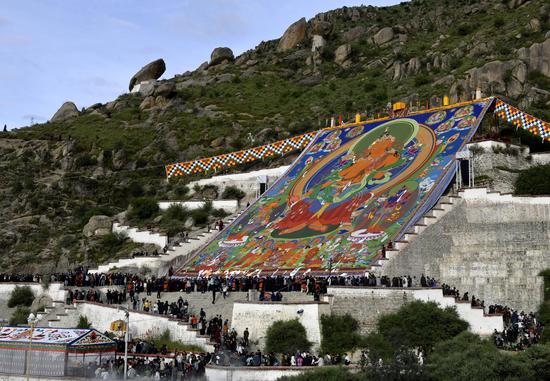
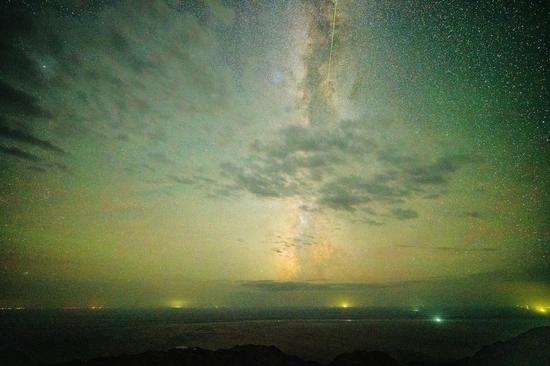





 京公网安备 11010202009201号
京公网安备 11010202009201号